Following federal legislation in 2018 that legalized hemp and hemp derivatives, enterprising manufacturers began producing consumable CBD products, and then began experimenting with other, lesser-known cannabinoids.
The most popular of these minor cannabinoids have been the tetrahydrocannabinol (THC) variants delta 8 THC and delta 10 THC, both of which produce similar psychoactive effects to the most abundant cannabinoid in marijuana, delta 9 THC. All are found naturally in both varieties of the cannabis plant (hemp and marijuana).
In this article, we’ll look at common THC variants (and the mysterious delta 11 THC) and compare them for strength, benefits, side effects, and their likelihood to trigger a drug test.
The differences between delta 8, delta 9, delta 10 and delta 11 THC
All of the cannabinoids discussed in this article are chemical variants of tetrahydrocannabinol (THC). They differ slightly in their molecular structure.
What is THC?
THC is a chemical compound that interacts with cannabinoid receptors in the body to create a variety of effects on the brain and body. When THC binds with the receptors in the brain and central nervous system, it creates a mild euphoria and affects our perceptions of space and time in a (usually) pleasant way. This is the “high” cannabis users seek.
Different THC variants may produce stronger or weaker effects, but all of the “deltas” create some combination of euphoria, heightened sensory perception, relaxation, altered perception of time and space, and often laughter. They can also produce negative effects, especially when used in excess. Most THC users are familiar with the anxiety and paranoia that can be caused by overindulging.
We tend to compare hemp-derived cannabinoids to delta 9 THC because delta 9 has been known and used for centuries, and its effects are well known. But comparing, say, delta 10 versus delta 8 is a trickier enterprise, because finding products with equal levels of the two cannabinoids (and no other cannabinoids mixed in) isn’t easy. Even the presence of CBD in the mix could change the experience (CBD seems to moderate delta 9’s effects and may do the same for delta 8 or 10).
How is THC produced: delta 9 vs. delta 8 and delta 10
The most obvious difference between delta 9 THC and the other “deltas” is their source. Delta 9 is found in high concentrations in the marijuana plant—up to 30%—high enough that smoking or vaping the flowers (buds) of the plant produces a strong psychoactive effect. When it is extracted, the resulting oil is highly concentrated THC that can be vaped or used to make edibles.
Delta 8 and 10 THC, however, are found naturally in marijuana and hemp only in very small quantities. To produce commercial delta 8 or delta 10 products, legal hemp-derived CBD is treated with heat or chemical catalysts to convert it into the other cannabinoids. The same is true of the newly commercialized delta 11 THC and other popular cannabinoids closely related to THC, like HHC and THCP. Cannabinoids not found naturally in the hemp plant generally cannot be legally produced from hemp-derived CBD, even though it is possible to do so.
Which THC gives you the best high–delta 8, 9, 10 (or delta 11)?
There’s not much argument about which THC variant is the strongest. Among the common THCs in this discussion, marijuana-derived delta 9 THC is the winner for sheer psychoactive strength.
Extensive consumer reporting indicates that, in a delta 8 versus delta 9 matchup, delta 9 is the champion, producing a bigger and longer-lasting high. But many users actually prefer the more toned-down high produced by delta 8. In a 2022 study that involved interviewing hundreds of people who used both delta 8 and delta 9, participants said delta 8 provided many of the same benefits with fewer side effects.
While delta 8 THC is generally agreed to be about half as potent as delta 9, delta 10 THC is described by users as even milder than delta 8. It won’t necessarily affect everyone the same way, but for most users, the high from delta 8 is stronger than delta 10. There isn’t much research on delta 10, however.
That goes double for delta 11 THC, which has recently appeared out of nowhere. Science on this cannabinoid is almost non-existent, and most of the few non-scientific articles we could find were written by vendors who sell delta 11 products. Some appear to base their conclusions on a 1973 study of intravenously administered 11-hydroxy-delta-9-THC, which is not delta 11 THC, but rather a metabolite of delta 9 THC (it’s what delta 9 THC turns into after being processed by your liver).
Reaching beyond the scope of our article briefly, the hemp-derived cannabinoid THCP binds 33 times more readily with the body’s CB1 receptors, possibly making it the strongest commercially available cannabinoid. However, that’s a big “possibly.” There’s no actual proof that enhanced receptor binding translates to ultra-high potency.
Do delta 8, 9, 10, and 11 THC have the same benefits and side effects?
Since all four delta variants have roughly the same effects on the user—euphoria, altered time and space perception, etc.—should we assume they offer the same medical benefits and cause the same side effects? We probably shouldn’t.
Delta 9 THC has been studied extensively. Many benefits have been proven, like its ability to reduce pain and treat both nausea and lack of appetite. It also can treat insomnia and reduce stress in some people.
Delta 8 likely provides some of the same medical benefits, but the research is still in the early stages. Anecdotally, users report that delta 8 is helpful in combating sleeplessness and anxiety. There is almost no science on delta 10 or delta 11 regarding benefits for users. It may be that future research will discover major medical benefits in these cannabinoids, but we’ll have to wait and see.
The known short-term side effects of all THC variants are similar: anxiety and paranoia, dry mouth, dry and red eyes, hunger, short-term memory loss, and insomnia. Additional side effects caused by hemp-derived cannabinoids—or their processing—could still be discovered.
Anxiety and paranoia are common side effects from overindulging in delta 9 THC, but can usually be avoided by starting slowly and increasing intake in small steps. Users report that delta 8 and delta 10 seem much less likely to cause anxiety and paranoia than delta 9.
Whether THC causes more serious side effects, like severe psychological conditions or heart disease, is a matter of debate. We advise readers, if they choose to delve into the medical issues around marijuana use, to look closely at the sources of information they consume. Despite being legalized in dozens of states, the moral panic over THC use has never really ended.
Which delta variants are worst for passing drug tests?
When delta 9 THC is consumed, it is metabolized in the liver and converted into 11-hydroxy-delta-9-THC (11-HO-THC) and then into 11-nor-9-carboxy-THC (THC-COOH), which is the metabolite most urine tests seek out. Other kinds of tests (blood, hair) can also detect 11-HO-THC or other, lesser metabolites.
It is assumed that standard THC tests will detect the same metabolites from delta 8 or delta 10 use as they do from delta 9 use. However, there’s not enough research to compare them. We can’t say, for example, choose delta 10 versus delta 8 because it’s less likely to be detected; we just don’t know.
Most urine tests won’t detect THC metabolites after a few days (although other tests are more sensitive). Because the body stores some THC byproducts in fat cells, and because everyone’s metabolism is different, it’s possible for THC metabolites to be detected in some people’s urine for weeks. (Hair tests can detect THC for as long as 90 days.)
We can’t say there is a better or worse THC variant to select if you face potential drug tests. There’s no reason to believe the breakdown products from delta 8 and delta 10 are different, or remain in the body for a shorter or longer time. If your job (or parole!) depends on clean drug tests, the best advice is to not use THC in any form.
Are delta 8, delta 9, delta 10, and delta 11 THC legal?
Delta 9 THC is a federally controlled substance, and anyone possessing or selling it is subject to prosecution under the Controlled Substances Act. However, the Department of Justice has agreed not to prosecute sales or possession of marijuana or delta 9 THC in states that have legalized recreational or medical marijuana, as long as the states strictly control access and follow certain other rules.
Since California became the first state to approve medical marijuana in 1996, 21 states (and the District of Columbia) have legalized recreational sales, and almost 40 have some form of medical cannabis program.
Under the definition in the 2018 Farm Bill, any cannabis plant containing more than 0.3% delta 9 THC is considered marijuana, which is federally illegal. But if the plant contains less than 0.3% delta 9, it is defined as hemp and is legal to cultivate and sell. Hemp “derivatives, extracts and cannabinoids” are also legal, as long as they exist naturally in hemp plants.
While federally legal, some states have taken steps to restrict or ban sales of delta 8 THC specifically, or all hemp-derived cannabinoids (except CBD). Check with your state to be sure.
Where can I find different THC variants?
Delta 9 THC is federally illegal, but can be bought legally by adults 21 and over in many states through licensed dispensaries. Rules vary from state to state, but some states also allow users to grow their own marijuana, as long as they don’t sell it.
Delta 9 is sold as flower (marijuana), vape carts, waxy concentrates for dabbing, oral tinctures, gummies and other edibles, and drinks. Laws regulating which specific delta 9 products are legal vary between states.
All U.S. states—even those with legal marijuana— also have large illegal cannabis markets, and both marijuana flower and delta 9 concentrates and oils are widely available across the country. Penalties for sales and possession of unlicensed marijuana vary by state. Black market products are almost never tested for dangerous constituents.
In states where they’re legal, delta 8 and 10 products are sold widely in vape shops, head shops, convenience stores, and gas stations. Manufacturers of delta 8 and delta 10 often sell directly to customers online, as do some retailers. This is often a more reliable way to view test results for products.
You can find delta 10 and delta 8 vape carts, disposable vapes, concentrates for dabbing, oral tinctures, gummies, and other edibles. There is also “delta 8 flower,” which is high-grade hemp buds coated or infused with delta 8 THC.
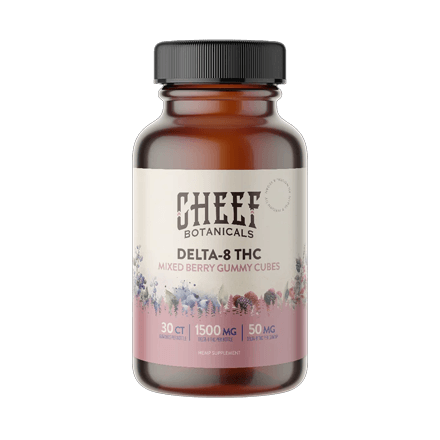
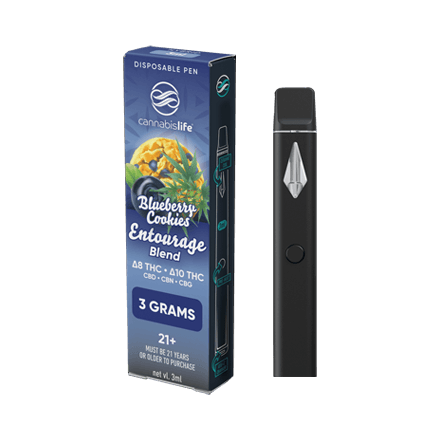
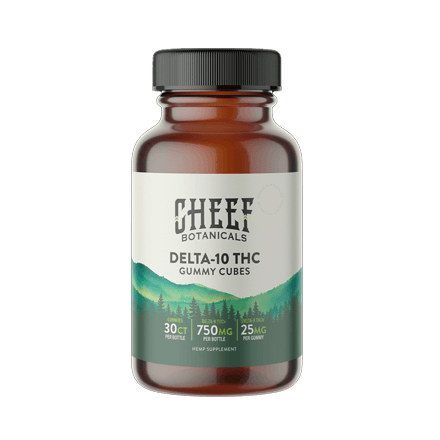
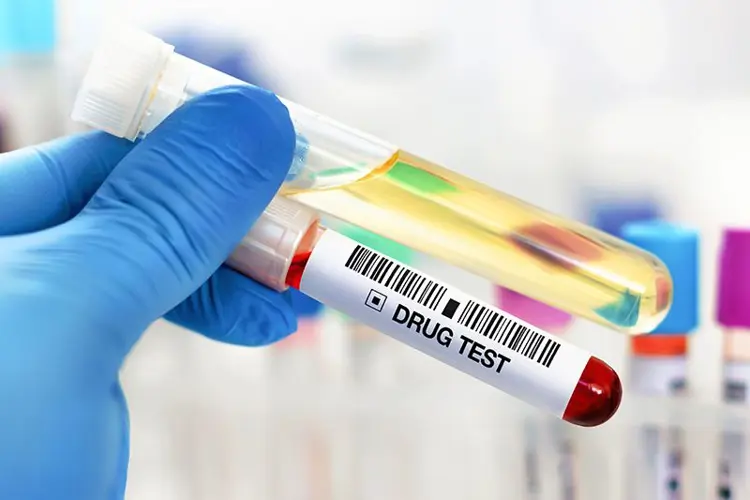
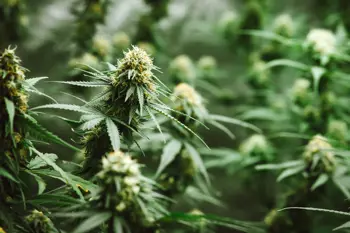
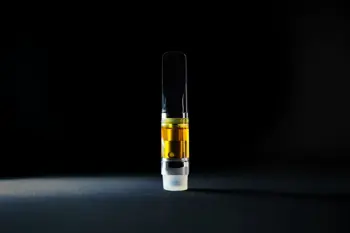
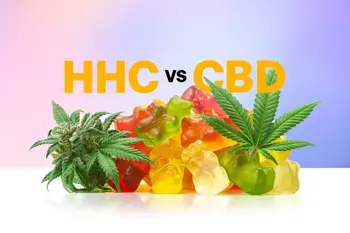
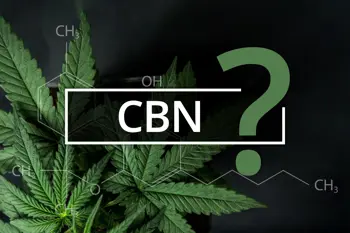
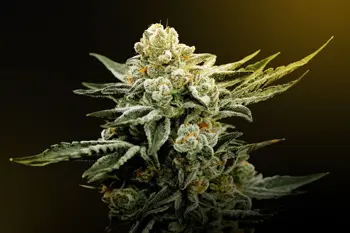
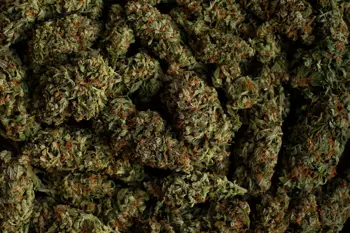
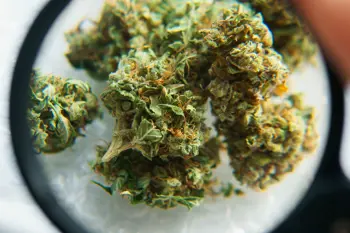
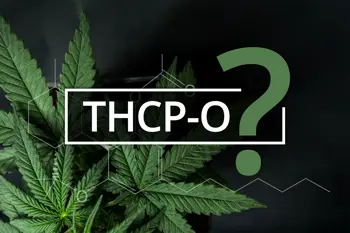
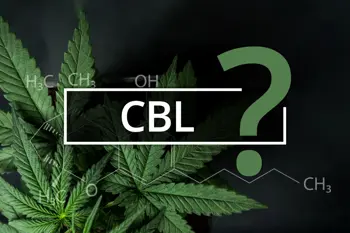
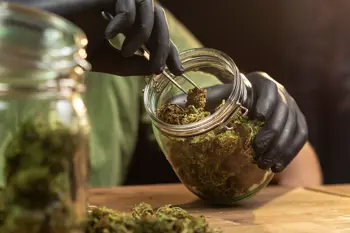
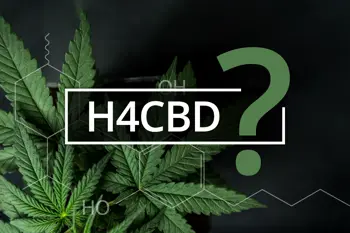
![Image for What Is THC-JD? Legality, Effects, Potency Explored [Update]](https://media.vaping360.com/images/what-is-thc-jd-thumbnail-20a40b517a.webp?imageType=Small)






